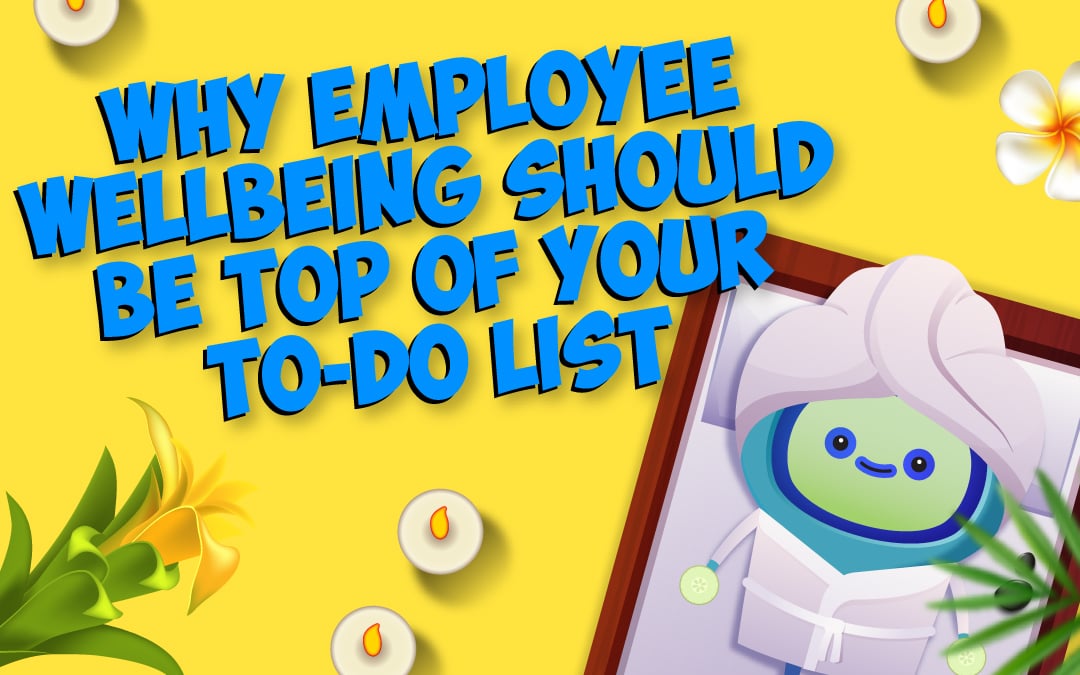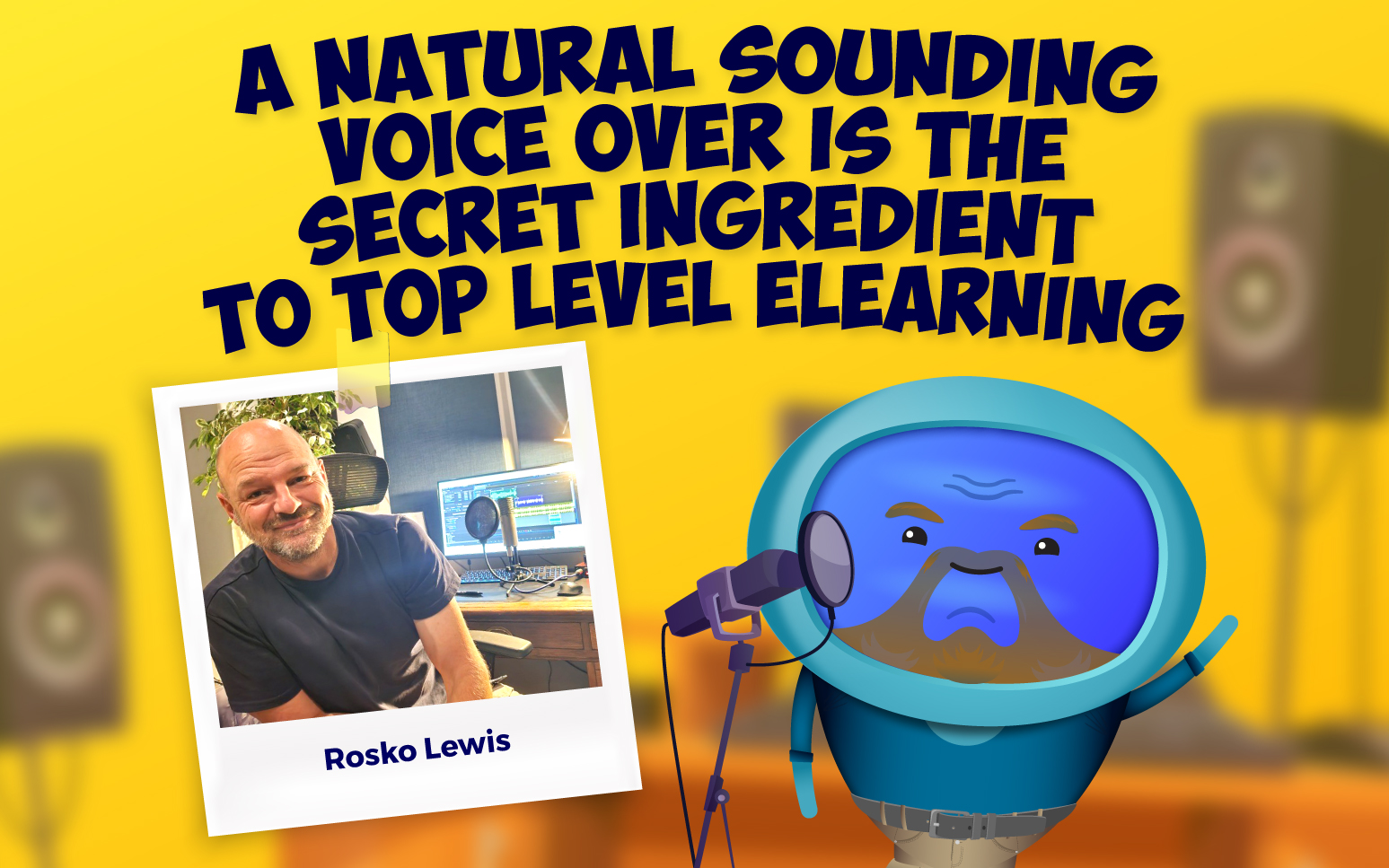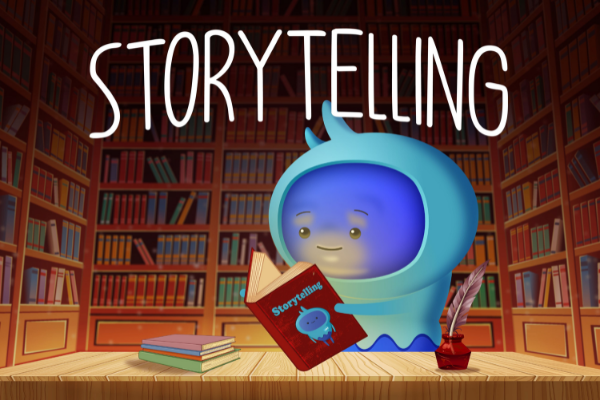I first attended Learning Live three years ago, as an exhibitor. I was new to the industry, flustered (to put it lightly – I lost all my cards and ID somewhere between Euston and the venue) and hardly knew anyone.
Fast forward to 2023, my third event and second time as a delegate: relaxed, inspired and surrounded by friendly faces.
The LPI is a warm and supportive community with a wicked sense of humour, which makes staying loyal to the L&D profession even more attractive. They’re not afraid to engage bold speakers who challenge boundaries and speak more on ‘what could be’ than ‘what’s gone before.’
There’s a playfulness at Learning Live, an energy which counteracts the early start on day two (following a long night of networking drinks). And true to form, I have a mountain of partly decipherable notes and snippets – things which resonated, ideas which ignited and questions which made me rethink my perspective.
Here are my top five:
What has meaning to us, we remember
I did a lot of nodding during the talk, ‘Using Neuroscience to Boost Corporate Learning’ from Dr. Hendrik Dietrich. Understanding how our brains form, store and retrieve memories, and how we can practically leverage this in our learning design and strategies, is gold. I recently re-read Clive Shepherd’s book on blended learning for this blog, and Dr Dietrich’s insights add an additional layer to how we can intelligently design for our learners and the specific learning type we’re targeting.
Our brains intentionally dismiss what we don’t consider important. This is why it’s vital we ensure the relevance and value is clear to the individual from the start. We talk a lot about buy-in from senior stakeholders to get the initiative off the ground, but we also need to hone in on learner buy-in – can they see what’s in it for them?
There are different memory systems – long and short, emotional, factual etc. ‘Our learning strategy impacts which memory system is engaged.’ In other words, if we can isolate the type of learning we’re after (such as knowing how to do something), we can tap into the way our brains most effectively acquire that skill and design an approach which engages with it.
I knew that spaced repetition was a useful technique in remembering something, just not why. Dr Hendrik explained it’s all about highlighting the thing as being worth our time – when it pops up again and again (and more powerfully) in different contexts, our brain assumes it must be meaningful and stores it.
Beware the messaging of your approach to key moments
Gary Neville talked a lot about ripples – that is, the after-effects of seemingly inconsequential actions in the workplace and in teams. On the more negative side, he flagged the impact of mishandling someone’s exit – be it in how they’re spoken about, treated or both. He urges us to consider what that says to the remaining employees about their value. It speaks volumes about the overall culture.
Work is made up of a series of experiences – the crucial ones being entry and exit; if someone feels like they belong and can flourish and the reaction to them moving to pastures new. When we burn bridges with leavers, the fire continues long after – in how they speak about the brand, in sharing the gory details with those still in the business, in the now very unlikely chance they’ll return with new expertise to impart. It’s a petty waste and signposts a worrying level of immaturity at the top, which no doubt touches more than just how people leave.
Ann-Marie Griffin (Director of Talent at LinkedIn) shared LinkedIn’s fondness of radical honesty from day one. They encourage new joiners to be upfront about their career aspirations, even if they’re outside of LinkedIn, so that their managers and L&D can, ‘anchor their learning in what they care about – like their career mobility.’ Whilst I applaud the aspiration, I imagine there’s a hell of a lot of scaffolding needed to sustain this – like how you generate strong, immediate trust, and the invited risks of setting your stall out early, especially if your dream doesn’t exist in the business. Can it really be as win-win as it promises?
Regardless, LinkedIn is making a strong and encouraging statement about who they are as an employer – people-centric and believers of investing in the broader talent market, even the ones already thinking beyond them.
Are we really disrupters?
Nick Holmes (VP Employee Experience – Fishawack), posed a big question to businesses and L&D teams – are we waiting for disruption to happen to us or doing the disrupting? He’s concerned it’s often the latter.
Perhaps we’re focusing so much on readying ourselves for change, on building agility and resilience in preparation, that we’ve forgotten about being brave and instigating it.
Dell’s Jan Lindborg (Sales Learning Global Operations Lead) and Billy Benn (Senior Director Dell Technologies Sales University), discussed something related. They urged us to be bold enough to create a super-ambitious L&D vision, even if we have no idea how to reach it. Once we’ve completed the all-important listening and performance consultancy exercise – it’s time to imagine something truly exceptional to meet the need.
I think most of us are afraid of setting ourselves up to fail or launching ourselves on a road which will likely take years, maybe decades, to fully realise. Perhaps we’re also concerned that we’ll be involved at the foundation stage and not around for the far-off resulting glory. But as a result, we become addicted to quick wins. We think small. We attempt only what we believe is within comfortable reach.
I attend events like this to gain inspiration and best practice, to steal little gems from what others are doing, but I’m not sure I’ve taken the time to think about pushing the boat out in my business – really dreaming big and challenging the seemingly impossible.
This is my most significant area of reflection following the event – given our strategy and mission at iAM, and of course, what others I admire are experimenting with in their organisations, where’s the potential? Where have I self-limited? What is the aspirational, boundary-defying goal here?
What’s your locus of control?
How do we decide what we’re accountable for and pick our battles? With the scope of what impacts L&D, or more specifically, what impacts an effective learning culture, ever-broadening (leadership, flexible working, wellbeing, line management, true influence in the business, our autonomy and stakeholder buy-in – the list goes on), what to prioritise can feel elusive.
It's never too late to have an open conversation about remit and expectations or check in on how that’s panning out. It’s so important (to most of us anyway) to have assurance that we’re doing good (or great) work – that we understand our parameters, and that we have clear objectives to run at.
A conflict between what you think you’re there to achieve and where the business wants you to focus or what your stakeholders perceive as valuable and credible, hurts. It’s a painful and frustrating cycle.
The urgency for L&D to align with business strategy has ramped up of late and I agree, it’s a crucial ingredient – but we should branch off the conversation too. What if the box your business needs you to operate in doesn’t work for you? Or leadership is satisfied with bums on seats vanity metrics and doesn’t support you to up your game? At some point on this mismatched journey, it might be time to re-evaluate the fit and what you want, what satisfying work is to you.
I heard something on Chris Williamson’s podcast, ‘Modern Wisdom’ about being stuck (I chain listen and forget the specific episode but not the sentiment). The advice was, if you’re battling it out and the challenge feels like growth, stick with it. But if you’re confident you’re continually moving backwards, it might be time to move on.
People who take shortcuts get good at them.
This is something that’s stayed with Gary Neville and puts me in mind of Cormac McCarthy’s quote, ‘If you break little promises, you’ll break big ones.’
Gary used the example of committing to yourself that you’ll get up at 6am, but snoozing for a bit instead, deciding that being strict doesn’t matter. He worries that this ongoing mindset will hold you back, especially during the tough moments when you really need to dig deep.
This idea isn’t unique to L&D, it’s more about personal performance and the standards you set for yourself. How you build work ethic – by holding yourself accountable to all of it, generating a body of evidence to rely on.
Gary’s also a fan of attacking the day (which has strong ‘eat the frog’ vibes) – tackling the difficult or dreaded stuff first so you have an early sense of accomplishment.
Self-discipline is such an important foundation for achieving our goals. I know when I plan to go the gym and actually make it (even though I’m tired and having an internal tantrum), there’s a sense of achievement which powers me through the week. I have evidence that I don’t always take the easy road – that the long-term outcome means more.
Summing Up
Learning Live doesn’t forget about the people behind the L&D job description. It celebrates and champions individual development alongside business success. The talks and speakers are diverse, lively and thought-provoking. It pushes us to ask challenging questions of ourselves and our businesses, to do better.
Dell’s Jan Lindborg summed up the value of attending such industry events nicely. He said, ‘It’s not always about learning new things. Sometimes it’s just validating that what you’re doing is right.’
That never hurts either.
Supercharge your learning culture with iAM Learning
If you're keen to know more about iAM Learning why not check out our unique, engaging eLearning content, covering everything from leadership and people management to health & safety and compliance! Get in touch with us or try iAM Learning for yourself - get started today!

Gemma Glover
Head of People





